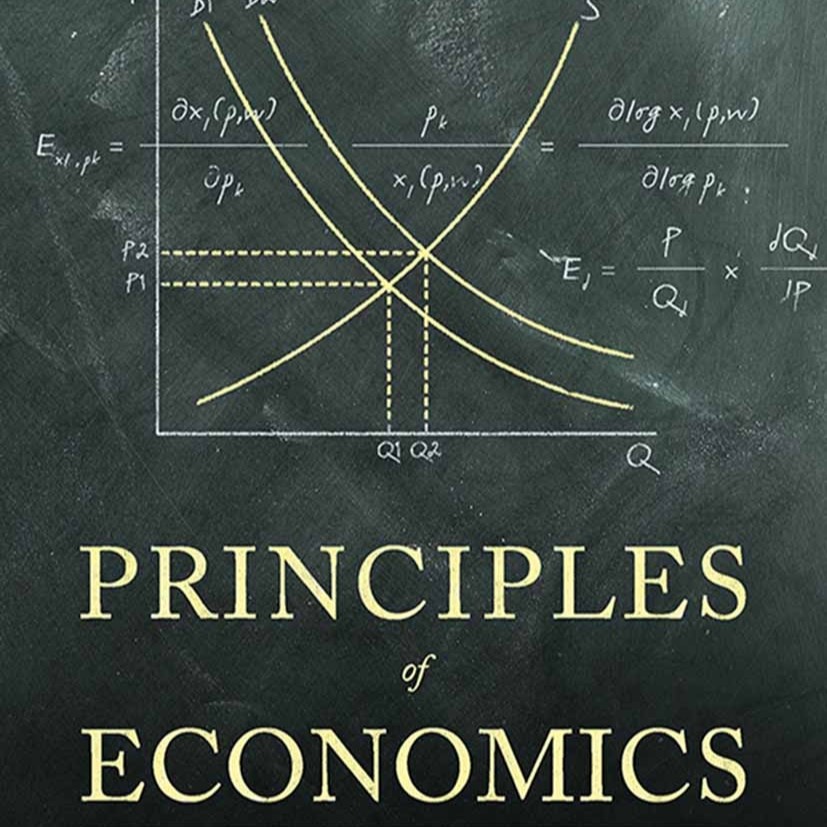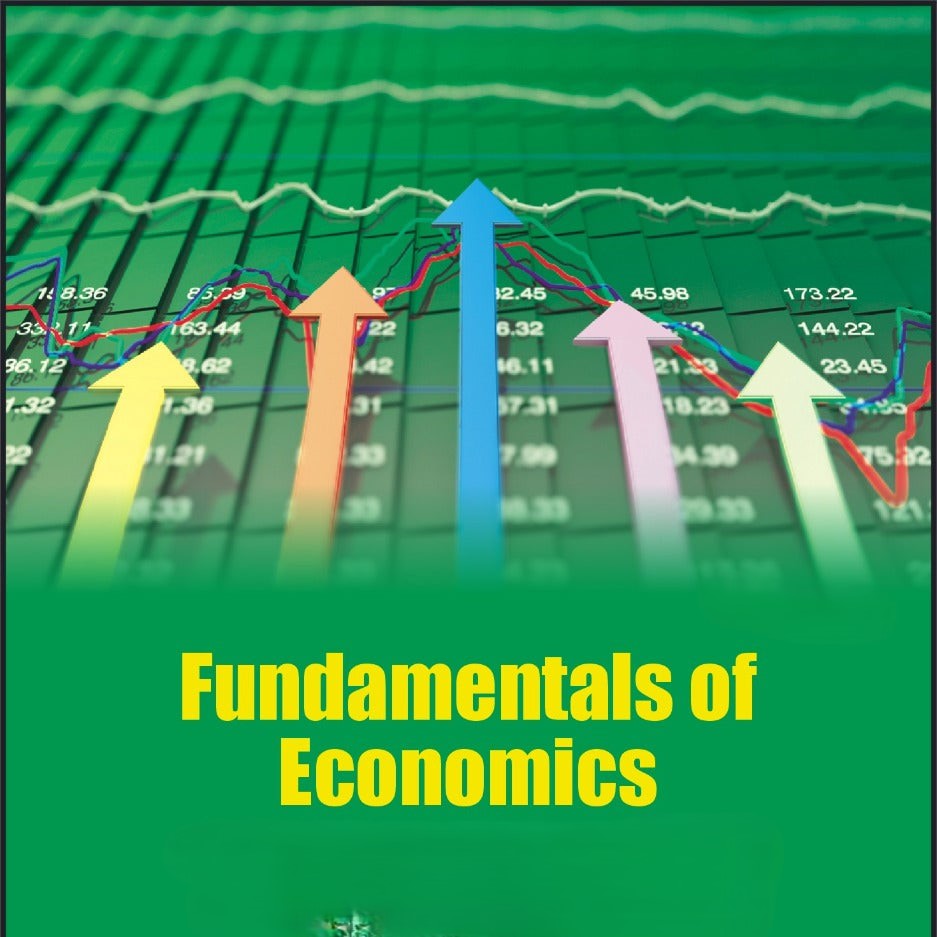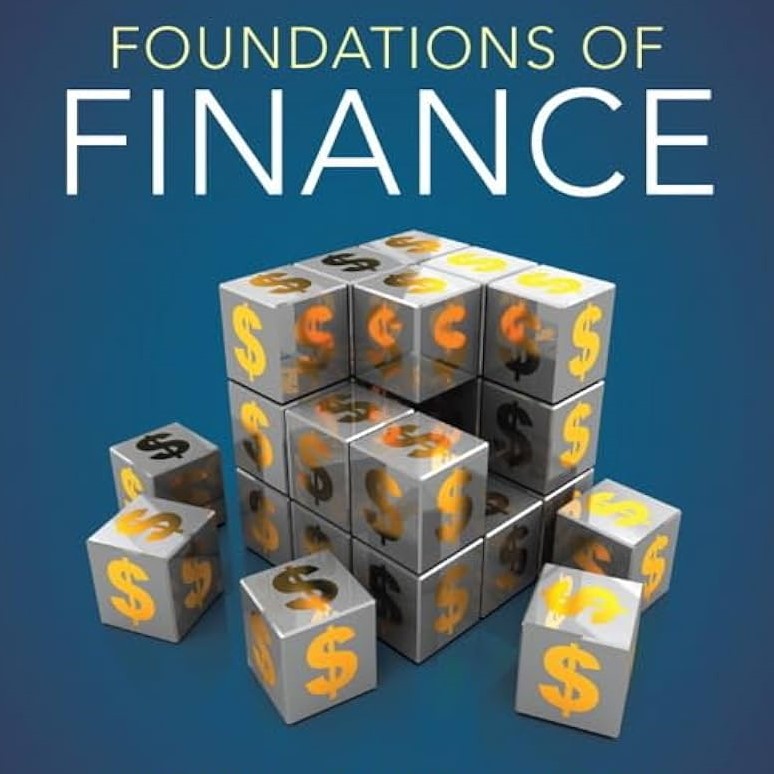Description
The Principles of Economics course provides an introductory overview of the fundamental concepts and theories in economics. Designed for students new to the field, this course explores the essential principles that guide economic decision-making and policy. The course is divided into two main segments: microeconomics and macroeconomics, each covering critical topics illuminating how economies function at the individual and aggregate levels.
Microeconomics:
- Introduction to Economics:
- Basic economic concepts and the role of scarcity in decision-making.
- The economic way of thinking and using models in analyzing economic issues.
- Supply and Demand:
- The laws of supply and demand and how they interact to determine market equilibrium.
- Factors affecting supply and demand, including shifts in curves and price elasticity.
- Consumer Behavior:
- Utility theory and the concept of rational choice.
- How consumers make purchasing decisions and the impact of budget constraints.
- Production and Costs:
- Analysis of production processes and the different types of costs (fixed, variable, total, and marginal).
- Economies of scale and the relationship between cost structures and market competition.
- Market Structures:
- Characteristics of different market structures include perfect competition, monopoly, monopolistic competition, and oligopoly.
- How market structure affects pricing, output, and efficiency.
- Factor Markets:
- The role of factor markets in the economy, including labor and capital markets.
- Determination of factor prices and income distribution.
- Market Failures and Government Intervention:
- Types of market failures, including externalities and public goods.
- The rationale for government intervention and the tools used to correct market inefficiencies.
Macroeconomics:
- Introduction to Macroeconomics:
- Overview of macroeconomic goals, including economic growth, full employment, and price stability.
- Key macroeconomic indicators and their significance.
- National Income Accounting:
- Measurement of Gross Domestic Product (GDP) and Gross National Product (GNP).
- The components of national income and the methods for calculating them.
- Aggregate Demand and Aggregate Supply:
- Analysis of aggregate demand and aggregate supply and their role in determining overall economic activity.
- Short-run and long-run adjustments in the economy and the factors that influence them.
- Monetary and Fiscal Policy:
- The role of central banks and monetary policy tools (interest rates, money supply).
- The impact of fiscal policy (government spending and taxation) on economic activity and stabilization.
- Inflation and Unemployment:
- The causes and consequences of inflation and the methods for measuring it.
- The relationship between inflation and unemployment and the concept of the Phillips curve.
- Economic Growth:
- Theories and factors contributing to long-term economic growth.
- The role of technology, capital accumulation, and labor force changes in promoting growth.
- International Economics:
- Basics of international trade, exchange rates, and trade policies.
- The impact of globalization on domestic and global economies.
Learning Outcomes:
Upon completion of the course, students will:
- Understand vital economic principles and their applications in real-world scenarios.
- Analyze and interpret economic data and trends.
- Evaluate the effects of economic policies and decisions on individuals and society.
- Develop critical thinking skills related to economic issues and policy debates.
Prerequisites: None, although a basic understanding of mathematics may be helpful.
Course Format: The course typically includes lectures, readings, case studies, and problem sets. Assessment methods may involve quizzes, mid-term exams, a final exam, and discussion participation.






Ogbonna –
“This course has been an excellent introduction to the fundamental economics concepts. The well-structured lessons and engaging interactive exercises made the material accessible and enjoyable. I particularly appreciated the clear and concise explanations that provided a solid foundation for my understanding. The course has equipped me with valuable knowledge that will be instrumental in my future academic and professional endeavors.”
Chibuike –
“This course was an excellent introduction to the fundamentals of economics. The instructor presented the material in a clear and engaging manner, making it easy to understand even for beginners. The interactive exercises and real-world examples helped reinforce the concepts. Overall, this course provided me with a solid foundation in economic principles that will be invaluable in my personal and professional life.”
David –
“This ‘Basic Economic Principles Overview’ course has been an invaluable tool in my journey towards understanding the fundamentals of economics. The instructor’s clear explanations and real-world examples have made even the most complex concepts accessible. I have gained a solid foundation in microeconomics, macroeconomics, and international trade, which has enhanced my ability to analyze economic issues and make informed decisions. I highly recommend this course to anyone seeking a comprehensive and engaging introduction to economic principles.”
Godspower –
“The ‘Basic Economic Principles Overview’ course far exceeded my expectations. The instructor’s exceptional knowledge and engaging delivery made complex concepts easy to understand. The interactive exercises and real-world examples brought the theory to life and reinforced my learning. By the end of the course, I had gained a solid grasp of the fundamental principles of economics, empowering me with a valuable toolkit for making informed decisions in both my personal and professional endeavors.”